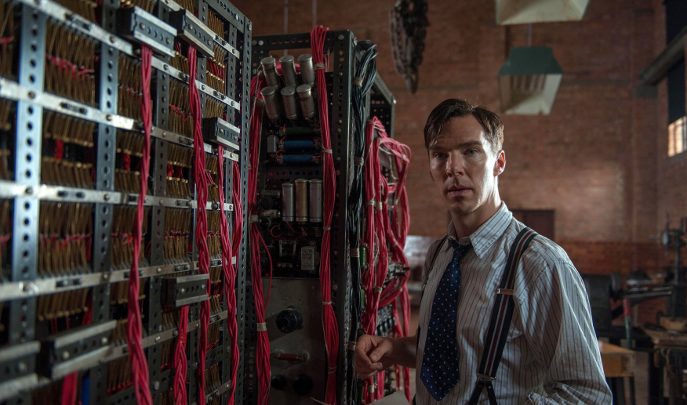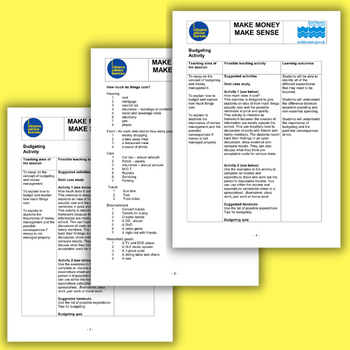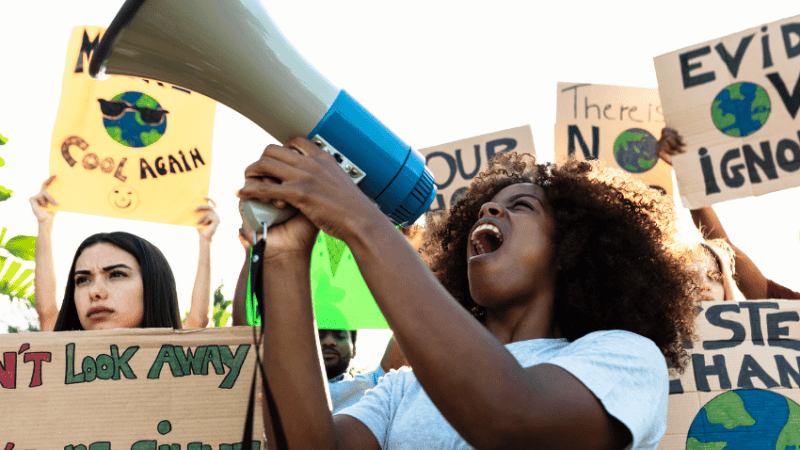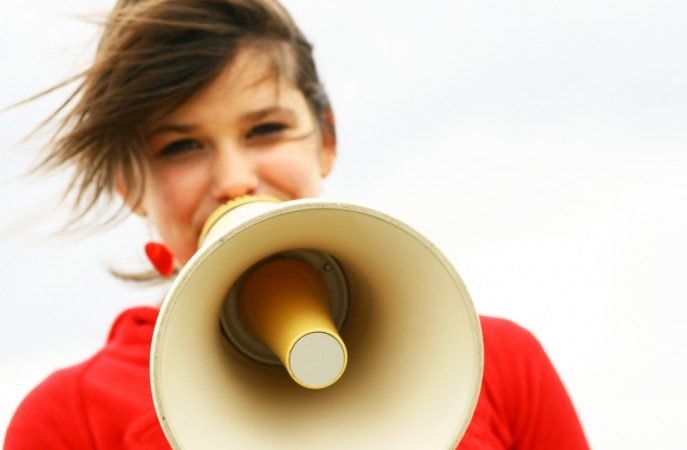Explore LGBT+ History Month Through Film

Into Film invites schools to host a themed assembly this February and use movies like The Imitation Game, Carol and Milk as the centre of lessons on PSHE, SMSC and citizenship

- by Into Film

The education organisation Into Film’s LGBT History Month Assembly resource incorporates film clips, stimulus questions, activities and interviews, which can be used to support themes of citizenship, PSHE and the law.
The resource, which can also be adapted for use in lessons or school film clubs, is available to download free here. It’s a great resource to use during Pride Month.
It includes film clips and discussion points such as a scene from Rebel Without a Cause which asks students to notice how the film portrays the character of Plato, particularly in the body language actor Sal Mineo used on screen in his portrayal.
You can also look at LGBT themes from different eras to discuss how they may have been perceived then, such as Victim, from 1961.
Similarly you can see clips from modern films such as Pride which are set in past eras, to discuss why it’s important to tell these stories and not just focus on today’s issues.
‘Film is a powerful tool for education,’ says Angela Bryan-Brown, campaigns officer at Stonewall. ‘At Stonewall we know how impactful film and television can be for people – young people in particular – who experience LGBT bullying or are struggling to find perceptions of themselves”.
Into Film also has a wide choice of films on its website which can be used to promote discussion about the historical, social and personal aspects of LGBT and related events and civil rights movements.
From acclaimed historical dramas such as The Imitation Game (12), Milk, (15), The Danish Girl (15) and Pride (15), to films with a more personal slant like The Way he Looks (12), 52 Tuesdays (15), GBF (Gay Best Friend) (15), The Kids Are All Right (15) and Carol (15), there are many options for using the moving image to reflect on the complex and sometimes confusing issue of sexual orientation. Films are free for all schools with an Into Film Club.
Why is it important to explore LGBT through film?
- Fifty-five per cent of lesbian, gay and bi pupils have experienced direct bullying
Source: Stonewall
Into Film is a BFI-funded, UK-wide education organisation which provides numerous opportunities for teaching and learning through film. For information or to set up a free Into Film Club, download resources or sign up for free training visit intofilm.org







